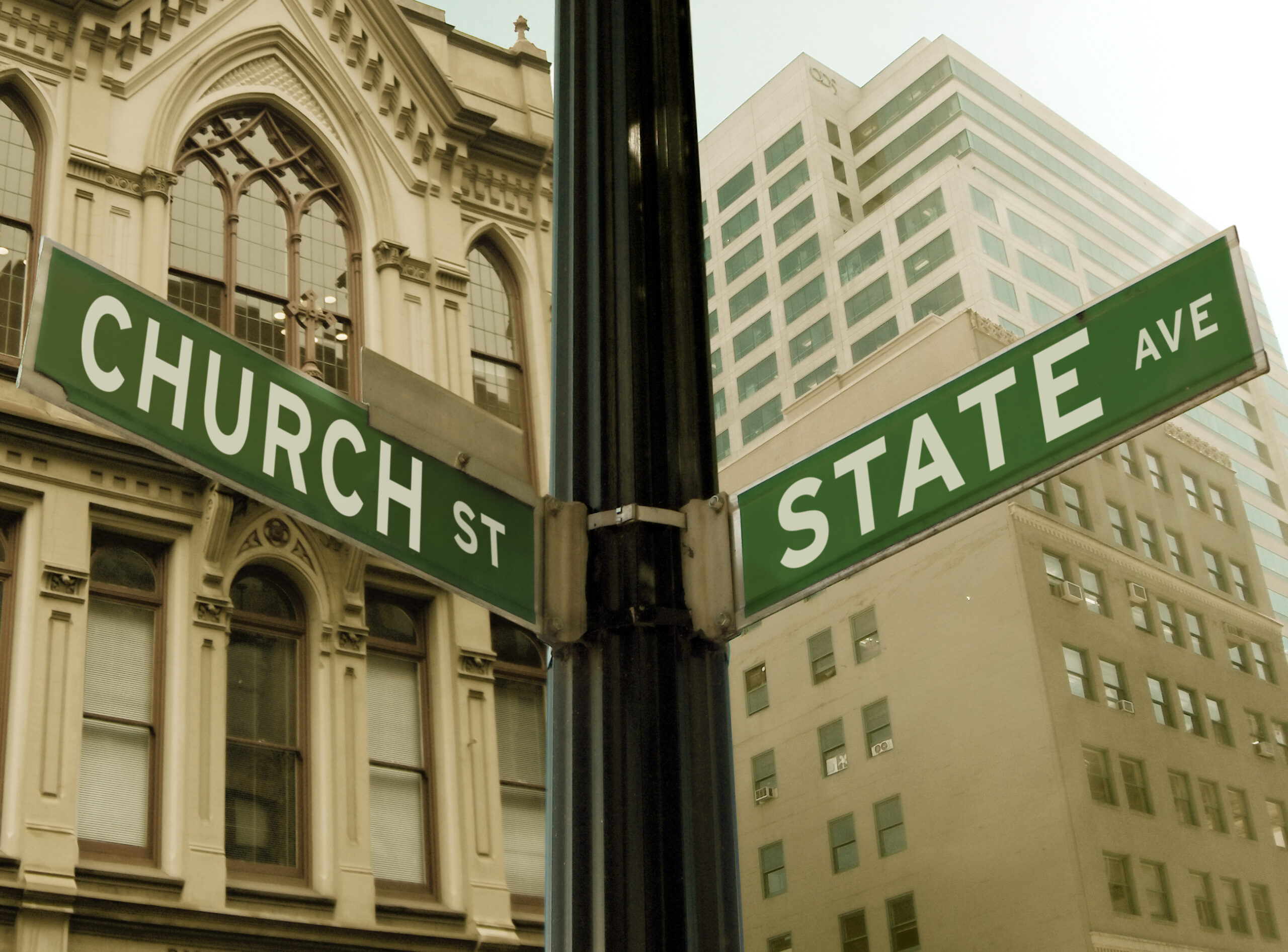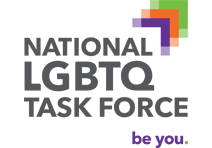What do American Catholics have to say to their LGBTQ brothers and sisters? Messages from church leaders have been mixed at best. Long-standing uniform condemnation, expressed in insulting and hurtful language, is now replaced by condescending “condemn the sin but love the sinner” judgements, issued between episodes of simple rejection.
As for Catholics who are not ordained, some of us have come a long way thanks to our family and friends (and admired strangers) who have courageously shared their experience of life and love.
A friend thought I might add some thoughts drawn from a long career focused on American Catholic history and public life. I am not a theologian but a historian, and not a student of church history but American social and religious history.
I will initiate that reflection with three ideas. Firstly, Catholic social and sexual ethics are often presented as very different, at considerable cost to people and their communities. Secondly, Catholic social thought and imagination has two related but difficult to integrate poles: human dignity and human solidarity. And thirdly, both the Christian and American way of living by those commitments to human rights and the common good lead one to politics, living and working together for each other and our common home.
Catholic social and sexual ethics are presented as different from each other
In social ethics, our church is pretty flexible. Jesus seemed to suggest we should not kill each other, and, if we are rich, we should at least consider selling what we have and giving the proceeds to the poor. If we spot a woman or man in a ditch of some sort, we should pay attention and do what we can to help.
But both church leaders and most of us say, “Well, not really.” We all have responsibilities that suggest we should kill (if necessary), hold on to our goods (if we have any) and not pay too much notice to suffering as we carry on in our daily struggles. Fortunately, that view is changing. The Second Vatican Council drew us all back to Scripture, and the gap between the messages of Jesus and the guidance of Catholic teaching has narrowed a lot.
The Second Vatican Council drew us all back to Scripture, and the gap between the messages of Jesus and the guidance of Catholic teaching has narrowed a lot.
All popes since John XXIII have insisted that war, any war, is bad for everybody. Nonviolence, once on the far edge of Christian reflection, is now a central teaching in the church, with just war as the rare exception. And Pope Benedict XVI, in his 2009 encyclical “Caritas in veritate,” even suggested that we consider exploring an economy of gift, where our work and our exchanges are measured by mutual benefit and common goods.
But on matters of war, economics and social policy, flexibility remains, as any examination of Catholic private and public opinions would demonstrate.
Catholic imagination on matters of human sexuality are quite different. Jesus had little to say in Scripture about such matters, but in Catholic communities, teachings on human sexuality and gender have become standards for measuring orthodoxy.
At a key moment in the 1960s, a papal commission listened to married lay women and men (and many of their pastors) talk about the experience of love. They then suggested that the church’s unequivocal condemnation of contraception might be modified. But Pope Paul VI and his advisors, guided by inflexible ideas about natural law, decided otherwise and stated that every act of intercourse must be open to “the transmission of human life.”
Since that time, public statements by church authorities, made increasingly intense by the public issue of abortion, have become more and more inflexible. Once again, many Christians are speaking clearly and convincingly about their experience of sexuality and its relationship to love. They are changing many hearts and minds, but failing to change church teaching and practices. This distance between developing social thought and the imagination of the Catholic community, and the community’s seemingly unchangeable commitments on sex, divides the church and causes great pain.
One conclusion is that Catholic leaders would be well advised to adopt a pastoral approach to these matters and avoid, to the degree possible, endowing moral judgements with doctrinal status. In recent years ideas about abortion, birth control, gay sex, same-sex marriage and now the transgender experience have been incorporated into catechisms and health care directives. Intended as offering guidance to Catholics dealing with these issues, they become something more as doctrine—requirements for ministry and employment, elements of a distinctive Catholic identity.
In Catholic communities, teachings on human sexuality and gender have become standards for measuring orthodoxy.
Many ordained men in pastoral positions have come to see teachings about these requirements as central to their offices and personal vocations. Catholic social reflection on economic life, social relationships and even politics, distinguishing between the moral and spiritual aspirations of Christians and the requirements of civic life in a diverse democracy, shows there is a better way.
Catholic social thought and imagination has developed constructively in recent years
Those developments have centered on two key ideas: human dignity and human solidarity. “Dignitatis humanae,” or “human dignity,” is the title given to the Vatican II declaration on religious liberty, from 1965. In the years that followed, Catholic communities around the world took leadership in defending human rights. While making “options” for the poor, local churches and religious orders translated human dignity into theologies and practices of liberation.
This same emphasis informed the church’s remarkable response to nonviolence. Most important, peacemaking and justice-seeking have become action words, ideals to be incorporated into the Christian way of living.
At the same time, Vatican II removed long standing barriers between Christians and others with a vision of solidarity. In the wake of 20th century imperialism, world wars and genocide, Catholics pledged to make their own the “joys and hopes, griefs and anxieties” of their brothers and sisters. John XXIII led the way with his 1963 encyclical “Pacem in Terris,” released in the aftermath of the Cuban missile crisis. Paul VI pleaded for an end to war, the liberation of the poor and the release of political captives.
Pope John Paul II became a living witness to human rights and global solidarity, and Pope Francis carried his predecessors’ growing concern for the planet to powerful appeals towards collective action. In that context, long oppressed people—women, indigenous people, racial and sexual minorities—have been encouraged to stand up, speak out and claim their places as free and equal members of the human family.
Long oppressed people—women, indigenous people, racial and sexual minorities—have been encouraged to stand up, speak out and claim their places as free and equal members of the human family.
In this setting, it is clear that LGBTQ people can draw strength from Catholic social thought and imagination as they consider the ambiguous, sometimes cruel judgments rendered in the name of Catholic morality. At the same time, they can also feel the twin challenges of human rights and solidarity, calling all of us to acknowledge our common dignity and to accept our shared responsibilities for the well-being of all.
We all share the responsibility to uphold human dignity
A third and final point is perhaps the most important and least recognized. The process required to bring human dignity and solidarity to life is what we call politics, the work to shape ourselves and those we love within our common home. As the years have gone by, I have come to think that encounters with God and neighbor are best understood together: to really love one, you have to love the other. As Pope Francis admits, some people, not all of them enemies, are hard to love.
When the chips are down, on all the public issues that really matter, it’s all about self-government, isn’t it? Can we, personally and together, share responsibility and make at least a little history? Thomas Jefferson, on one of his good days, said that some people think we cannot govern ourselves. “Have we found angels in the form of kings to govern [us]?” he asked.
Today, government offices are staffed by the descendants of people Jefferson hardly noticed: indigenous Americans and enslaved people. But we do not spot many angels, so it’s up to us.
What do Catholics have to say to the LGBTQ movement? We are, like it or not, together at this moment in history. In my lifetime, both the Catholic Church and the United States have offered new invitations to self-government and shared public responsibility. At Vatican II, we Catholics asked one another to make the church and its mission our own. In the process, we have asked each other to listen to our experiences of faith and life, and to help others better understand what Christ asks of us.
During the same decade as Vatican II, Black Americans and our LGBTQ siblings claimed their place at the center, not the edge, of history. I learned from faith-filled friendships with some gutsy LGBTQ people that history is about everybody, everywhere. When we look carefully as issues of war, poverty, racism, immigration or planetary survival, the answers we come up with involve politics, our capacity to govern ourselves.
It is clear that LGBTQ people can draw strength from Catholic social thought and imagination as they consider the ambiguous, sometimes cruel judgments rendered in the name of Catholic morality.
We self-govern by taking charge of our own lives, claiming a place at the table, listening to one another in search of mutual respect and practicing democracy. We may not always find the way to affirm and support human dignity or knit together our diverse communities, but seeking those goals is work that must be done. And we can do it.
Cardinal John Dearden, the archbishop of Detroit and one of the most important post-Vatican II leaders in the American church, said this requires “a new way of doing the work of the church.” That way of listening and learning—building relationships of mutual respect and care for the common good—is a way to answer the call of discipleship and citizenship.
Advocacy for human dignity, gay pride and Black lives will sometimes bring conflict and division, as it has recently in my hometown. Sometimes, our commitment to the common good will persuade us to back away from liberation and reform, as they are too costly. But in our thought and imagination, and in our lives together, we must make human dignity and shared responsibility complementary, two sides of a single coin of love for God and neighbor. That is what politics—the politics of sexuality, the politics of knowledge, the politics of religion, the politics of democratic governance—is all about.




